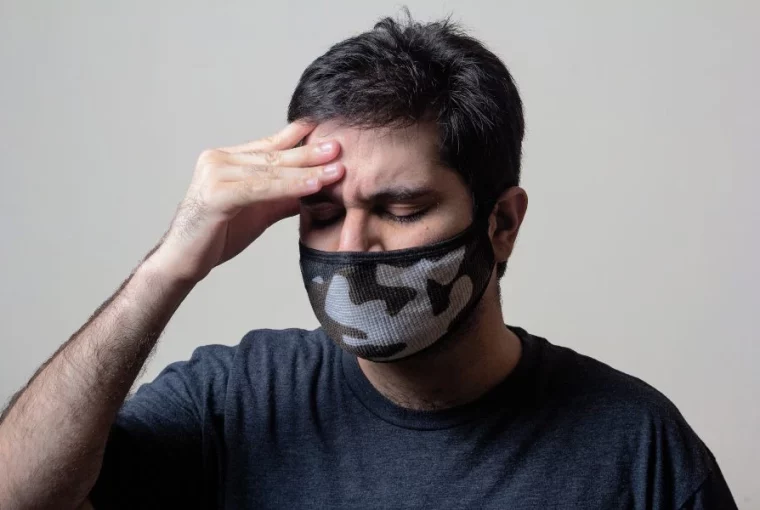The concussion is included in the traumatic brain injury category or TBI, but it’s not seen as life-threatening (it’s a mild TBI). However, this doesn’t mean it doesn’t have to be addressed via medical care or that it can’t negatively impact your life in a serious manner.
Concussions appear when the head or the brain moves back and forth in a rapid motion, causing the brain to hit the skull.
This action can be caused by a bump, jolt, or blow to the head or a strong hit to the body that ends up affecting the movement of the head or causes a collision with a blunt object or hard surface.
The impact between the brain and the skull can cause damage to the brain cells or chemical imbalances that affect some brain functionalities (depending on the power of the collision). This is why if there is suspicion of a concussion, you must get it checked out as soon as possible.
Once identified, you will receive treatment and you’ll have to go through a recovery period. Today, we’ll talk about how long it takes to recover from a concussion and what you can do to help speed up the process.
Concussion Recovery & Treatment
A concussion is one of the most common brain injuries but around 80 percent of cases don’t require advanced treatment or a long recovery period. Usually, it takes about 14 days of rest while following your doctor’s recommendations.
Some concussed people present with physical symptoms such as headaches, loss of balance, blurred vision, cognitive difficulty, and more. In this case, the patient can (and should)
get physical therapy for concussion that will help them regain the lost physical and cognitive capacities.
During the acute phase of a concussion (when the symptoms manifest the strongest) the patient must avoid physical activity and any brain activity that isn’t necessary. For instance, you shouldn’t drive, text, watch TV, play video games, or read while you are in the acute phase.
These activities make the brain work harder (it processes information), which can make the symptoms worse.
Once the symptoms subside, the patient enters the recovery phase during which they may gradually return to regular activities (physical and mental). However, you will still remain under medical supervision to make sure the brain has fully recovered.
The length of the recovery period is directly influenced by the seriousness of the injury, the affected area, and your behavior during the acute phase. In some cases, full recovery takes longer and some of the symptoms may linger, which will impact your lifestyle in the long term.
Speedier Recovery [Tips for Brain Health]
Keep in mind that concussions affect each person differently, so before you take any measures on your own, talk with your doctor.
The tips presented below are general brain health tips that proved helpful, but everyone’s situation is different. Discuss your recovery plan with your healthcare provider!
During the acute phase of a concussion, when you shouldn’t be physically and mentally active, sleep and a good diet are the go-to health tips. Good sleep is the perfect way to allow the brain to rest and work on repairing damaged cells.
On the other hand, a healthy diet (plant-based foods, fish, healthy fats, and whole grains) provides the brain with the blocks to rebuild the affected areas.
As you start the recovery phase, if your doctor allows it, you may do some light physical activity and mental training. It also helps to socialize by having light interactions with people close to you (friends and family).
Key Takeaways
Concussion recovery can take anywhere from a few weeks to a few months, depending on the seriousness of the injury and your body’s reaction to treatment. If you are in such a situation, patience, good care, and access to a good doctor are some of the most important elements for a speedy recovery.




